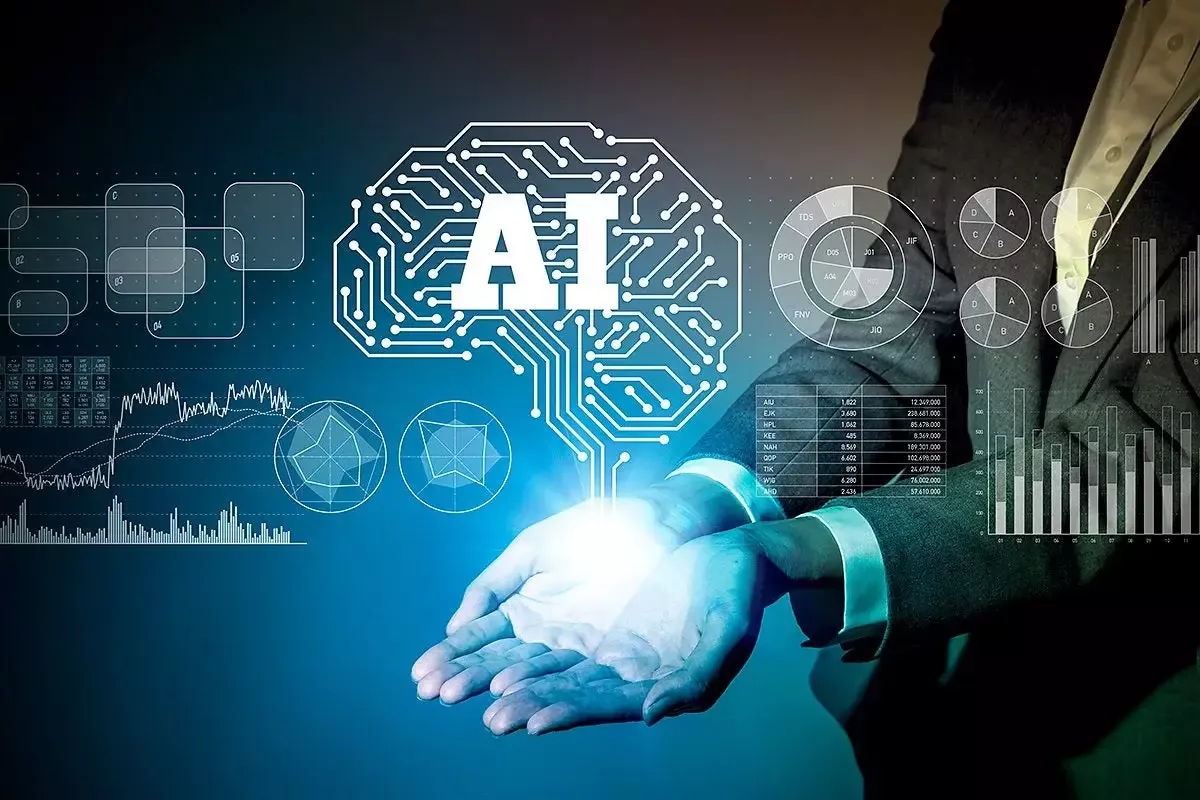The gap between the rich and the poor is widening due to artificial intelligence

Artificial intelligence (AI) and the rapid development of automation are creating new opportunities in the global economy while also deepening the problem of global inequality. According to a report by the UN Conference on Trade and Development (UNCTAD), these technologies are expected to have a significant impact on the labor market worldwide over the next decade.
40 percent of jobs are at risk
According to UNCTAD analyses, by 2033, the value of the artificial intelligence market could reach $4.8 trillion. While this technology can help increase productivity and accelerate digital transformation, it may also lead to negative consequences for the labor market. The report notes that automation could affect 40 percent of jobs worldwide.
Experts emphasize that this process may result in an uneven distribution of economic benefits. In other words, artificial intelligence primarily serves the interests of capital owners and reduces the value of labor resources. This poses a serious problem, especially for developing countries, as their economies rely on cheap labor.
Technological disparity and global inequality
The development of technologies may further exacerbate global economic inequality. According to UNCTAD, 40 percent of the funds spent on research and development in artificial intelligence are accounted for by 100 companies primarily operating in the US and China. The market capitalization of technology giants like Apple, Nvidia, and Microsoft is equivalent to the gross domestic product of the entire African continent, which further increases the disparity in development levels between countries.
Caution and initiative are necessary for developing countries
The UNCTAD report emphasizes that developing countries should actively participate in shaping international normative and ethical standards for the development and governance of AI. The following measures are recommended by the UN:
- Ensuring transparency of data on artificial intelligence – having clear and open data to better understand the impact of AI technologies.
- Creating common infrastructure – expanding opportunities for the use of artificial intelligence.
- Supporting open artificial intelligence models – ensuring equitable distribution of technological resources.
- Promoting knowledge and resource exchange – creating opportunities for experience and knowledge sharing for developing countries.
Is artificial intelligence a threat or an opportunity?
According to the UNCTAD report, artificial intelligence can be one of the main drivers of technological progress, but this process must be implemented on the basis of fairness and equal opportunities. It is important for states and international organizations to collaborate in regulating AI and developing it through strategic investments.
Today, as artificial intelligence increasingly permeates various aspects of human life, it is essential to closely monitor its economic and social impacts and develop appropriate and safe strategies for each country. Only then can technological development become a tool for creating equal opportunities and sustainable development.

